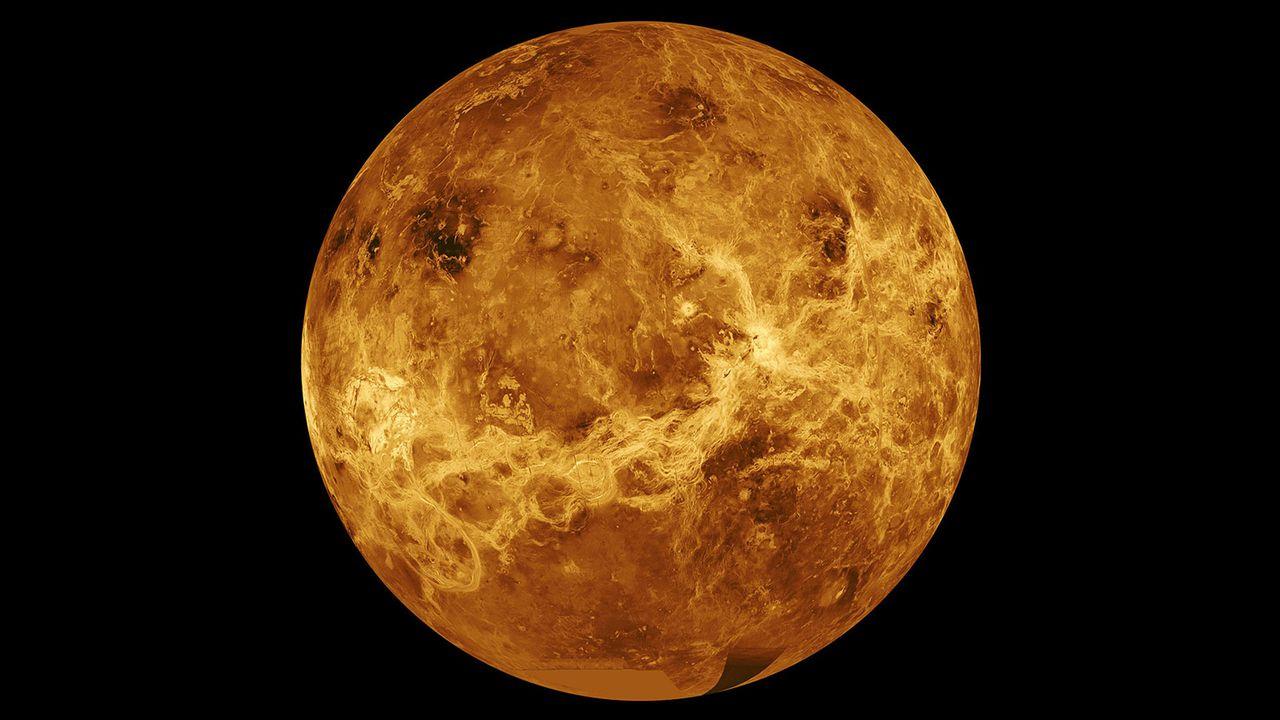
www.yahoo.com
NASA is going back to Venus
NASA has chosen two new missions to unlock the mysteries of Earth's evil twin: Venus. Why it matters: This marks the first time the space agency will send dedicated missions to the cloudy planet in more than 30 years. Get market news worthy of your time with Axios Markets. Subscribe for free.What's happening: The agency announced Wednesday it plans to launch both the DAVINCI+ and VERITAS missions to Venus between 2028 and 2030. DAVINCI+ is designed to learn about the composition of the planet's
Science & Tech
NASA has chosen two new missions to unlock the mysteries of Earth's evil twin: Venus.
Why it matters: This marks the first time the space agency will send dedicated missions to the cloudy planet in more than 30 years.
Get market news worthy of your time with Axios Markets. Subscribe for free.
What's happening: The agency announced Wednesday it plans to launch both the DAVINCI+ and VERITAS missions to Venus between 2028 and 2030.
DAVINCI+ is designed to learn about the composition of the planet's thick atmosphere to assess how it has changed over time and whether the world once played host to oceans.
The spacecraft will also drop a probe into the planet's atmosphere to collect data about why the world's runaway greenhouse effect took off.
VERITAS, on the other hand, is expected to use a special kind of radar imager to peer through the planet’s clouds and map Venus’ surface to confirm whether the planet has active plate tectonics or volcanism.
What they're saying: "This is, to my knowledge, an unprecedented decision by NASA: to pick two missions to a single world, designed to take complementary measurements to understand the past climate and present activity of the Earth-size world next door... is absolutely remarkable," planetary scientist Paul Byrne told Axios via Twitter. "We are going to learn things we haven't even thought of yet."
"We hope these missions will further our understanding of how Earth evolved, and why it's currently habitable and others and our solar system are not," NASA administrator Bill Nelson said during a press briefing.
























































